
Before the Well Runs Dry: 5 Ways to Save Water (and the Planet)
Alongside the latest devastating IPCC report on climate change, another environmental alarm bell was sounded by the United Nations, this one warning about an impending global water crisis.
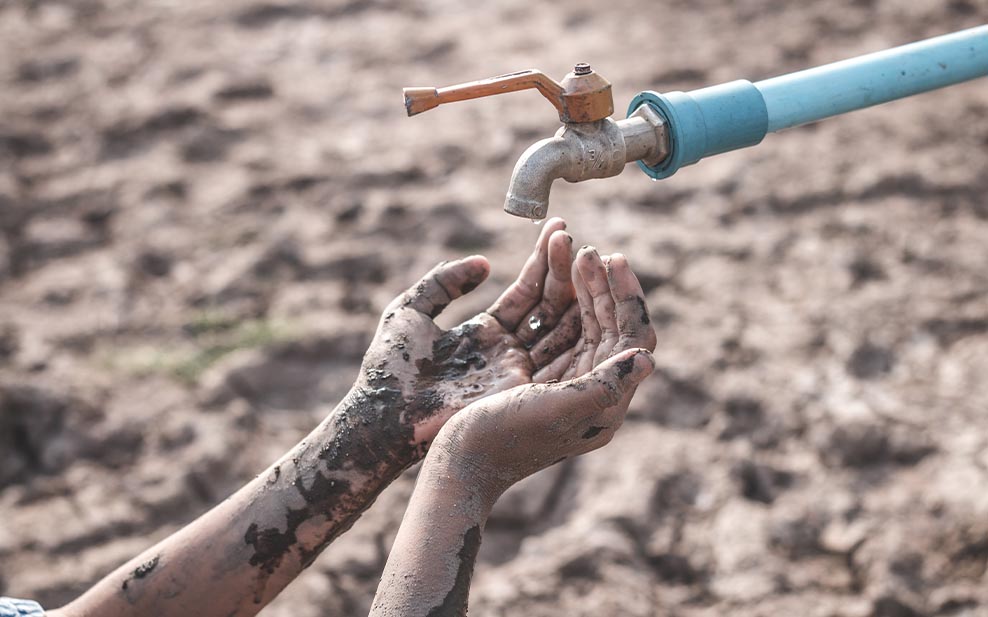
According to the latest edition of the UN World Water Development Report, water scarcity is becoming increasingly common across the world due to overconsumption and pollution. Already, about 10% of the global population lives in areas dealing with high or critical water stress, with up to 3.5 billion people experiencing it for at least one month per year.
At the same time, demand for water is increasing, which along with intensifying droughts caused by climate change is threatening to make a bad situation much, much worse, even in seemingly water-secure areas. If current trends continue, the report estimates that the number of people facing water scarcity could double to between 1.7 and 2.4 billion by 2050. And that’s among urban populations.
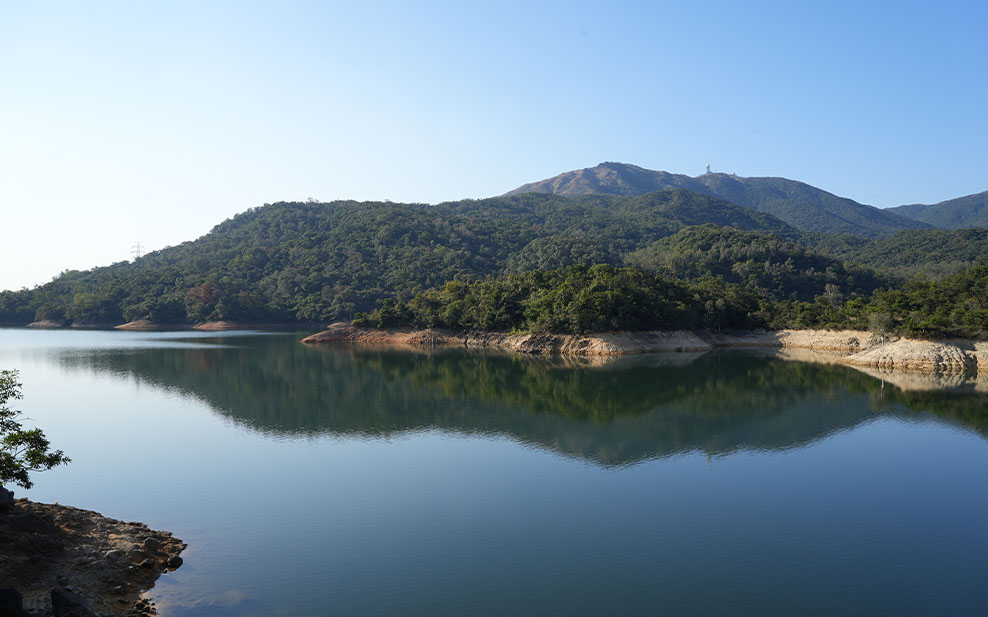
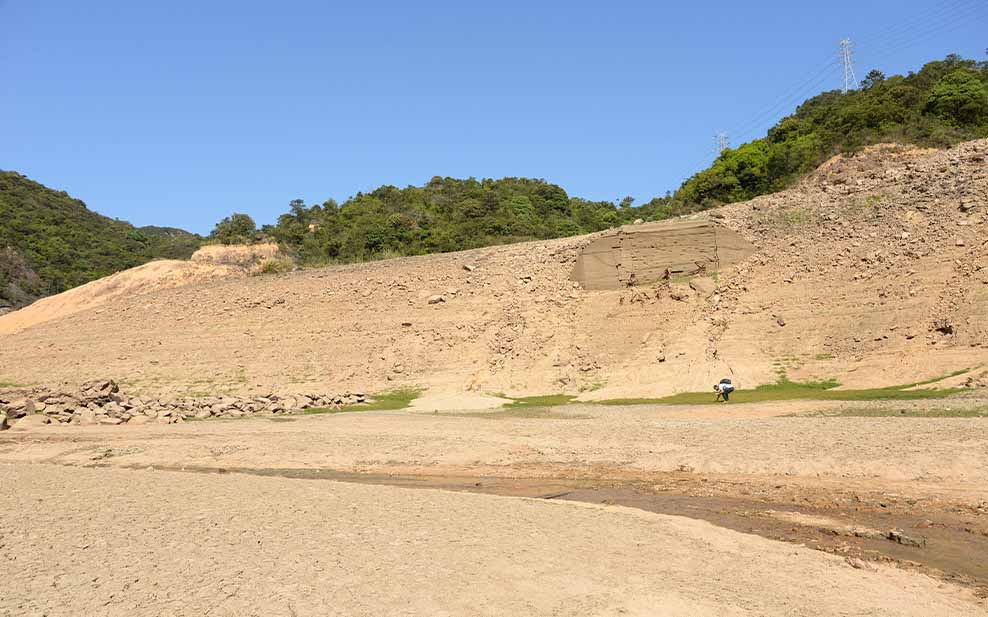
With its expansive reservoirs and a (so far) reliable source of imported water from Mainland China, it’s easy to think that Hong Kong would be able to weather such a crisis. But actually, the city is more vulnerable than it first appears. Around 60% of Hong Kong’s water is imported from Dongjiang Basin in Guangdong Province, which is already considered an area of water insecurity. More locally, climate change is taking its toll on Hong Kong’s reservoirs. In May 2021 –the hottest in Hong Kong’s history– just 9 out of 17 of them contained more than half of their water capacity. Yet despite these risks, as of 2020, Hong Kong’s per capita fresh water consumption was 152.6 litres per day.
Fortunately, this crisis can yet be averted, if we start using water more responsibly than we have been so far. On a societal level, this will involve co-operation between states and stakeholders, increasing access to water for everyone, protecting wetlands and resisting attempts to turn water into a commodity, among many other things. But on a personal level, it means adjusting our water habits, whether it’s reducing the amount of water we use in our daily lives, or recycling it for other purposes.
WELL, here are some helpful tips for you:
Recycle your Cooking Water
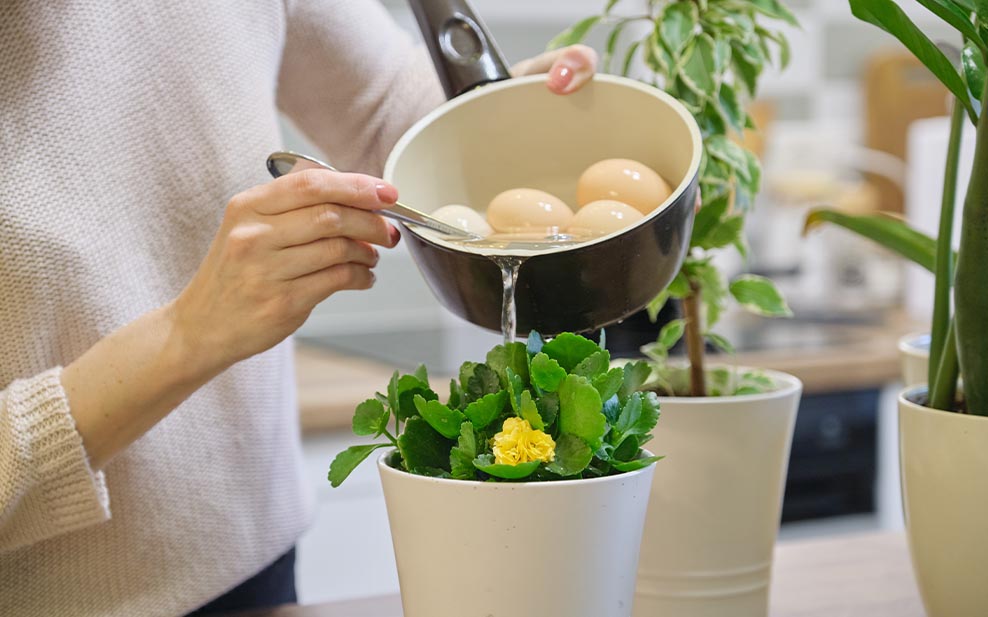
We use water a lot for cooking, whether it’s to wash vegetables or boil pasta and eggs. And when we’re finished with it, the first instinct is to pour it down the drain. In fact, the word ‘drain’ is literally in the instructions of many recipes. But actually, this is a big waste of water that still has a multitude of other uses.
For one thing, you can use it to water plants, as cooking releases minerals from food into water that can be very beneficial to plant growth (provided it’s not salted). Pasta water also retains the taste of the pasta that was cooked in it, making it very good for flavouring things like pizza dough, soups and sauces, while its high starch content makes it a good natural detergent for any dirty dishes that are soaked in it.
Avoid Water Demanding Foods
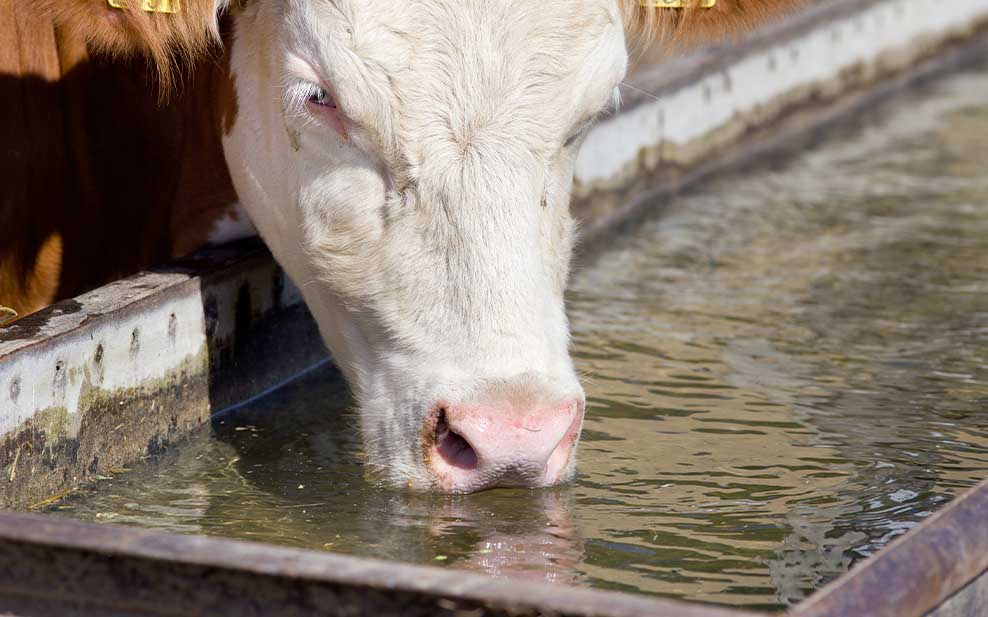

Speaking of cooking, another thing you can do to save water is be aware of how much of its goes into your food, and change your consumption habits accordingly. This is arguably one of the most important steps you can take, as agriculture currently consumes 70% of the world’s water supply.
As with carbon emissions and land use, meat has the biggest impact when it comes to water consumption. Of the meats (and the foods in general), beef is by far the most water demanding, with its production requiring 15,415 litres per kilogram. The second most water demanding are nuts, with just a single almond requiring 5 litres. By contrast, fruit and vegetables require just 962 and 322 litres per kilogram respectively, while cereals require just 0.51 litres per kilogram.
Collect Rainwater
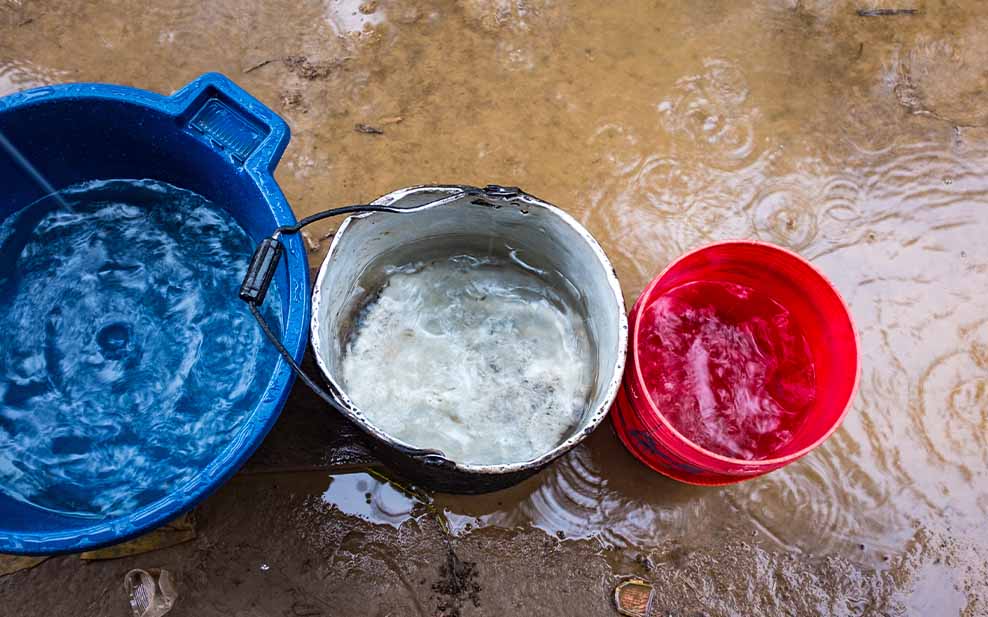
Want to reduce pressure on the water in the reservoirs? Try using what comes from the sky instead. For now at least, there’s plenty of it in Hong Kong, which has a mean annual rainfall of 1400–3000 millimetres, much of it falling during the Summer months.
If you have a balcony, rooftop or other outdoor space where you can leave containers for collection, simply place them there during periods of rainfall and let them fill up. You can then use this water for anything from flushing the toilet to watering your plants –which is better for them than tap water. Just be sure to use it as soon as possible after collection, so as not to encourage mosquito breeding.
Monitor your Taps and Showers
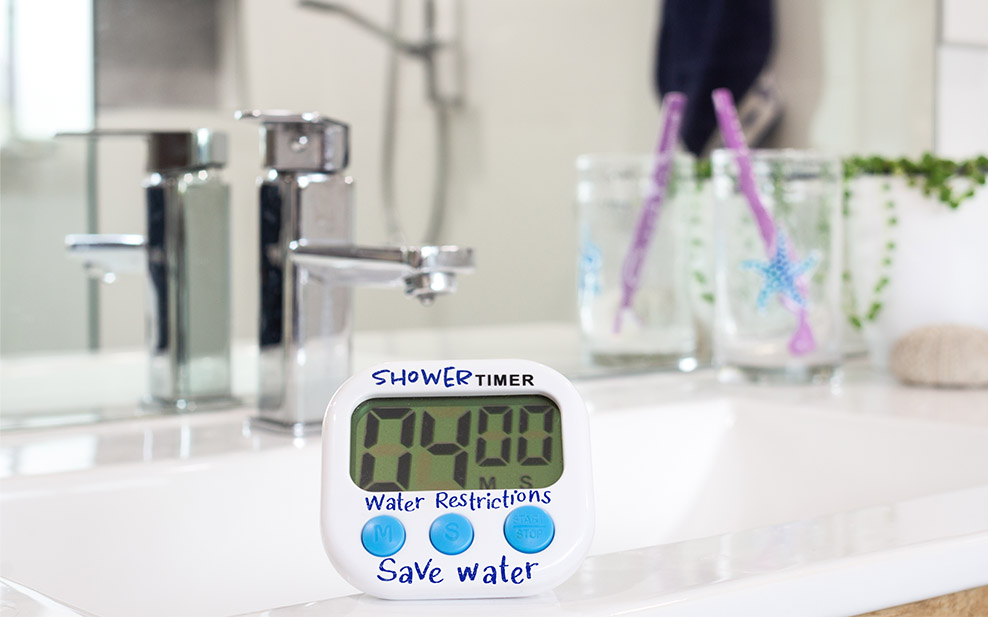
Many of us like a long, leisurely shower, and we’re all guilty of leaving the tap on when we brush our teeth at least some of the time. But the unfortunate truth is that taps use up to 6 litres of water per minute, while showers use up to 17 litres. Considering how long some people like to spend in the shower, that’s an enormous amount of water going –quite literally– down the drain.
Tedious though it may be for some, one way to address this is to set a timer to reduce the time you spend in the shower or running the tap. If you do, make sure you wash yourself as quickly as possible, so that you can maximise the amount of remaining time you have to enjoy the shower itself. Also, have your taps, showers and other pipes inspected regularly to ensure that they aren’t leaking and wasting even more water. If you can, consider also installing a flow controller on your taps.
Recycle your Shower Water
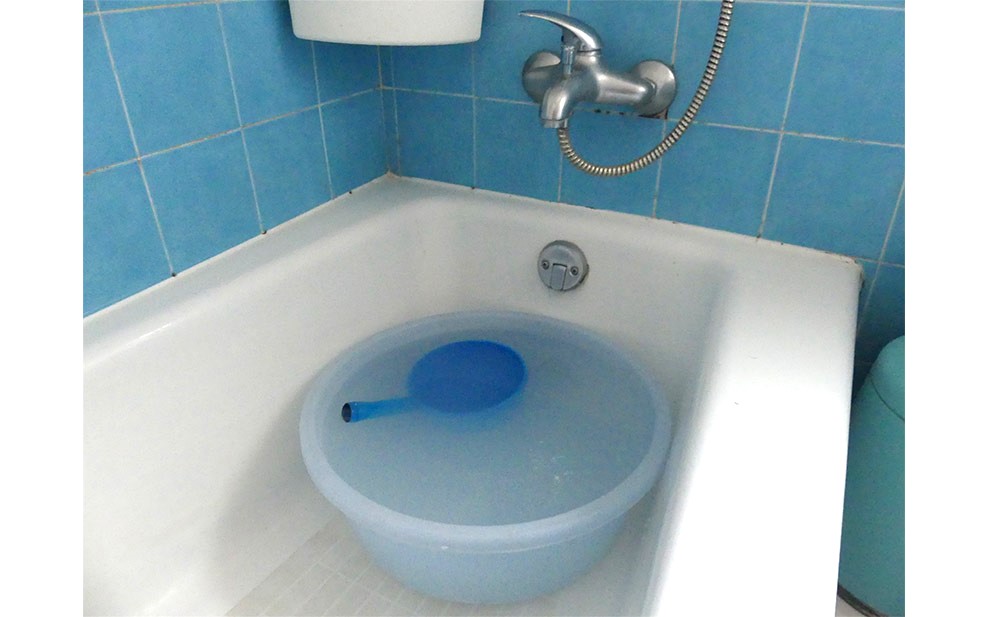
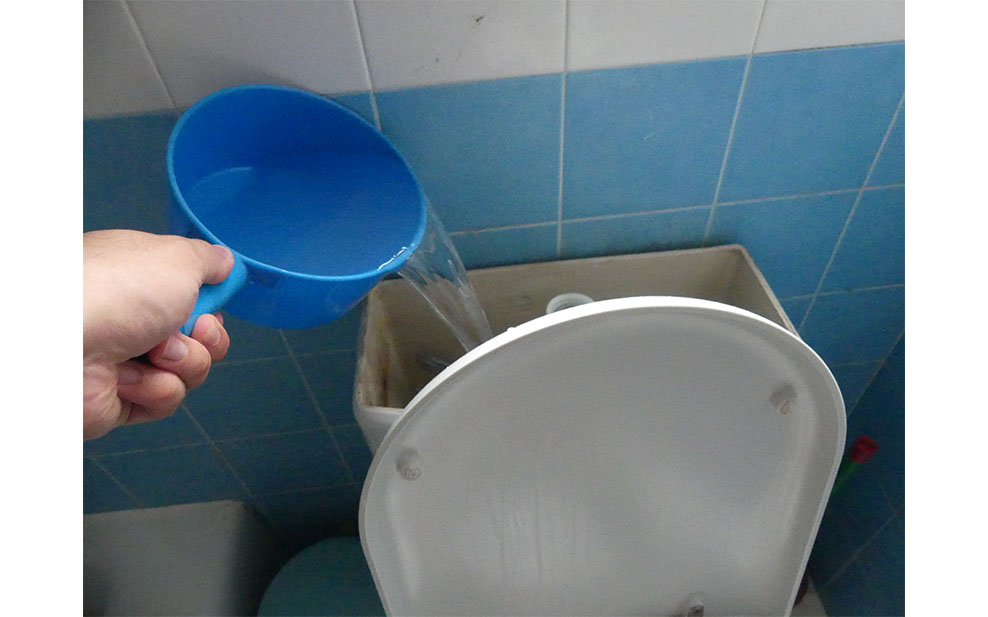
As well as reducing the amount of shower water you use, why not recycle what you do use? While you probably shouldn’t use it for watering plants or human consumption, this type of recycled water (known as greywater) does have a multitude of other functions that could help you save on water you would otherwise spend on those functions. If yours is one of the households in Hong Kong that doesn’t use seawater to flush the toilet, greywater can be an excellent resource for this. Simply turn off the mains supply to the toilet, lift the lid of the cistern and fill up as needed. Cars can also be washed using greywater instead of water from the hose.
To collect greywater, simply place a bucket or large basin underneath the shower. Then collect and use the greywater for whatever you need it for.
Before you go:

Thank you for reading this article from WELL, Magazine Asia. #LifeUnfiltered.
Connect with us on social media for daily news, competitions, and more.





